FAQ'sFrequently Asked Questions about OpenTofu
Who are OpenTofu?
OpenTofu is a community-driven open-source project that focuses on building a robust infrastructure as code (IaC) tool. It aims to provide users with a powerful solution for managing cloud resources efficiently and effectively through declarative configuration files.
What are OpenTofus products?
OpenTofu primarily offers an open-source software product that allows users to define and provision data centre infrastructure using a high-level configuration language. This tool can be used for various cloud services, including but not limited to, resource provisioning, management, and orchestration.
What services do OpenTofu offer?
OpenTofu offers a range of community support services, including documentation, tutorials, and forums for users to engage and share knowledge. The community also provides regular updates and maintenance for the software, ensuring it remains current and functional.
What type of companies do OpenTofus products suit?
OpenTofus products are suitable for companies of all sizes, particularly those in tech, DevOps, and cloud infrastructure sectors. It is ideal for organisations looking to automate their infrastructure management and adopt a more streamlined approach to resource provisioning.
How much does OpenTofus product cost?
As an open-source project, OpenTofus software is free to use. Users can download and implement it without any licensing fees. However, costs may arise from hosting, support, or additional tools integrated with the platform.
Does OpenTofu offer a free trial?
OpenTofu does not offer a free trial in the traditional sense, as it is an open-source tool that can be freely downloaded and used from the outset. Users can explore its features and capabilities without any trial limitations.
What discounts does OpenTofu offer on their products?
As an open-source project, OpenTofu does not provide discounts since there are no purchase costs associated with the software. All users can access the product at no charge.
Are there any hidden fees or additional costs with OpenTofu?
There are no hidden fees associated with the use of OpenTofus software. However, users may incur costs related to cloud services, hosting, or support, depending on their specific implementation and usage scenarios.
Who uses OpenTofus products?
OpenTofus products are used by developers, DevOps engineers, system administrators, and organisations that require efficient infrastructure management. Its user base includes tech startups, medium-sized enterprises, and large corporations seeking to improve their cloud operations.
What are the main features of OpenTofus products/services?
Key features of OpenTofu include:
- Declarative configuration language for resource management
- Extensive provider support for various cloud platforms
- Modular architecture allowing for custom extensions
- Community-driven updates and support
- Integration capabilities with existing tools and workflows
How does OpenTofu compare to its competitors?
OpenTofu is comparable to other infrastructure as code tools like Terraform and CloudFormation. It offers similar functionalities but is distinguished by its open-source nature, allowing for community contributions and flexibility in usage without vendor lock-in.
Is OpenTofus platform easy to use?
OpenTofus platform is designed to be user-friendly, particularly for those familiar with coding and configuration management. Its straightforward documentation and community resources further enhance usability for new users.
How easy is it to set up OpenTofus product or service?
Setting up OpenTofu is generally straightforward. Users can follow the installation guides provided in the documentation, which outline the steps required to get started with the software quickly.
Is OpenTofu reliable?
OpenTofu is regarded as a reliable tool for infrastructure management, with a strong community backing and regular updates that maintain its functionality and security. However, as with any open-source project, reliability can vary based on user implementation and support.
Does OpenTofu offer customer support?
OpenTofu does not offer traditional customer support since it is an open-source project. However, users can access community support through forums, GitHub discussions, and documentation for assistance with any issues encountered.
How secure is OpenTofu’s platform?
OpenTofus security largely depends on user implementation and best practices followed during configuration and deployment. The community continually works on improving security features, and users are encouraged to stay updated with the latest security patches and guidelines.
Does OpenTofu integrate with other tools or platforms?
Yes, OpenTofu can integrate with various tools and platforms commonly used in DevOps environments, such as CI/CD pipelines, configuration management tools, and cloud service providers, enhancing its functionality and usability.
Can I use OpenTofu on mobile devices?
OpenTofu is primarily a tool designed for desktop and server environments. While it may be possible to manage configurations via mobile devices using remote access tools, there is no dedicated mobile application for OpenTofu.
What do users say about OpenTofu?
User feedback on OpenTofu highlights its ease of use, flexibility, and strong community support. Some users appreciate its open-source nature, while others may find the lack of formal support challenging. Overall, it is viewed positively in the context of infrastructure management.
What are the pros and cons of OpenTofu?
Pros:
- Free and open-source
- Strong community support
- Customisable and flexible
Cons:
- Lack of formal customer support
- Reliance on community for updates and security
How can I purchase OpenTofu’s services?
OpenTofu does not require any purchase as it is an open-source project. Users can download the software directly from the official website without any payment obligations.
What is the cancellation or refund policy for OpenTofu?
As an open-source tool, OpenTofu does not have a cancellation or refund policy, as there are no financial transactions involved in acquiring the software.
What are the common use cases for OpenTofu?
Common use cases for OpenTofu include provisioning cloud resources, managing infrastructure configurations, automating deployments, and integrating with CI/CD pipelines for continuous delivery of applications.
Why choose OpenTofu over other options?
OpenTofu may be preferred over other options due to its open-source nature, which allows for community contributions and modifications. It also offers flexibility and customisation that may not be available in proprietary tools.
How easy is it to set up OpenTofu?
OpenTofu is relatively easy to set up, with comprehensive installation guides available. Users with a basic understanding of command-line tools will find the setup process manageable.
Does OpenTofu offer training or tutorials?
Yes, OpenTofu provides a variety of tutorials and documentation to help users get started and maximise the use of its features. The community also contributes to a wealth of resources and guides.
What languages does OpenTofu support?
OpenTofu primarily supports configuration files written in its own declarative language. Users can also use various programming languages to interact with the OpenTofu API, depending on their integration needs.
What problems does OpenTofu solve?
OpenTofu helps solve the challenges of managing cloud infrastructure by providing a unified framework for defining, provisioning, and managing resources. It simplifies the process of infrastructure as code, reducing complexity and improving efficiency.
Is OpenTofu worth the investment?
As an open-source tool, OpenTofu does not require a financial investment, making it a cost-effective solution for organisations looking to manage cloud infrastructure. Its value lies in its flexibility, community support, and the ability to streamline operations, which can justify its use for many businesses.










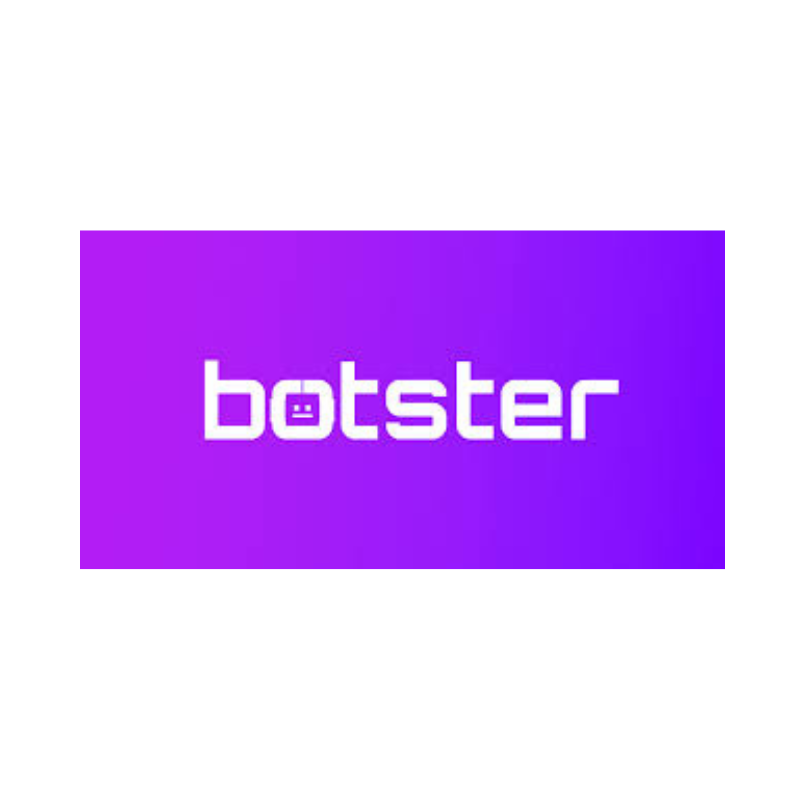
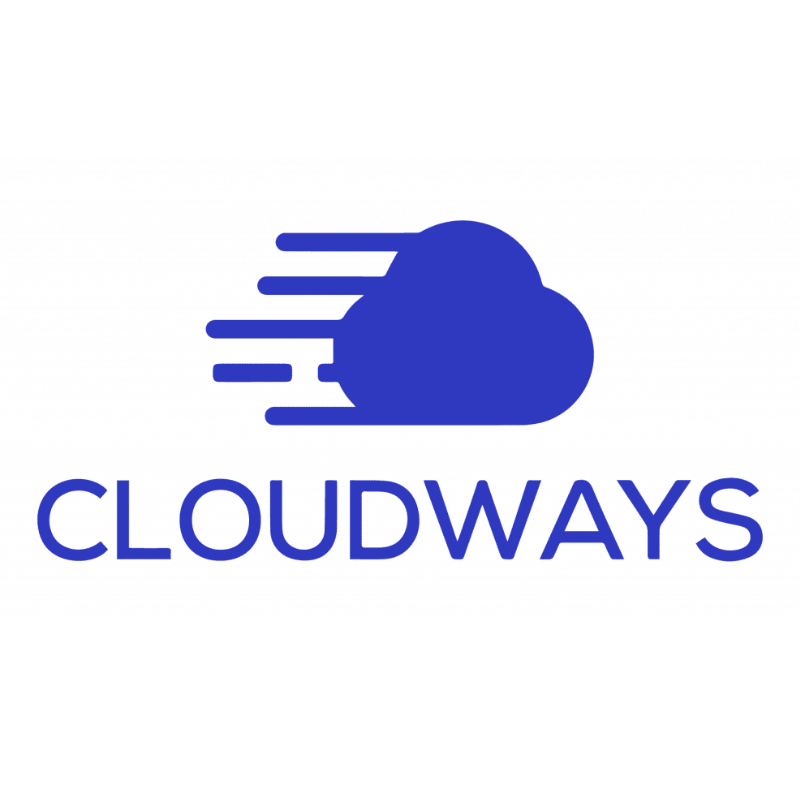
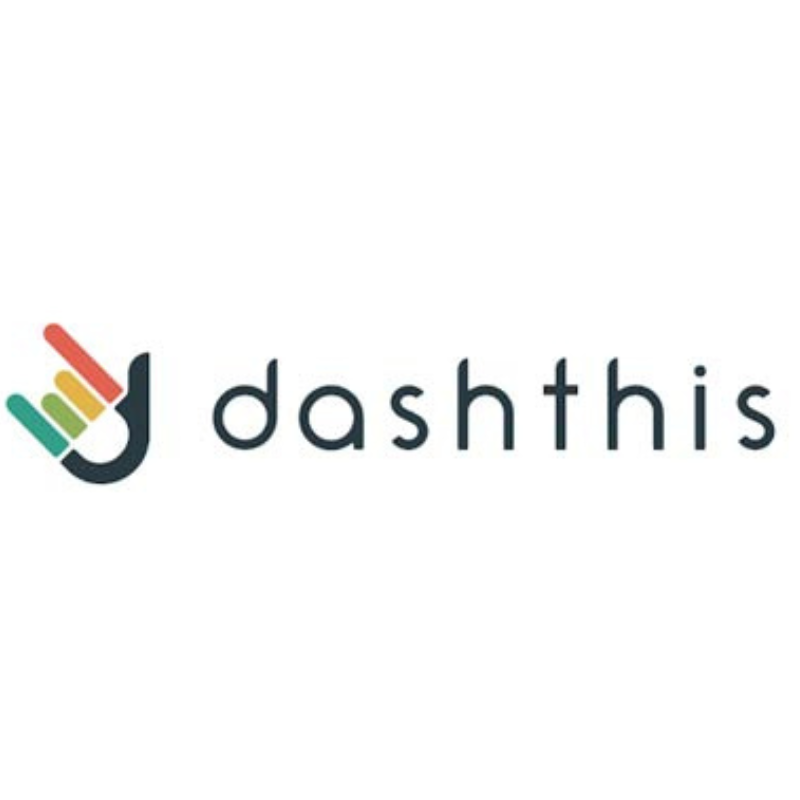

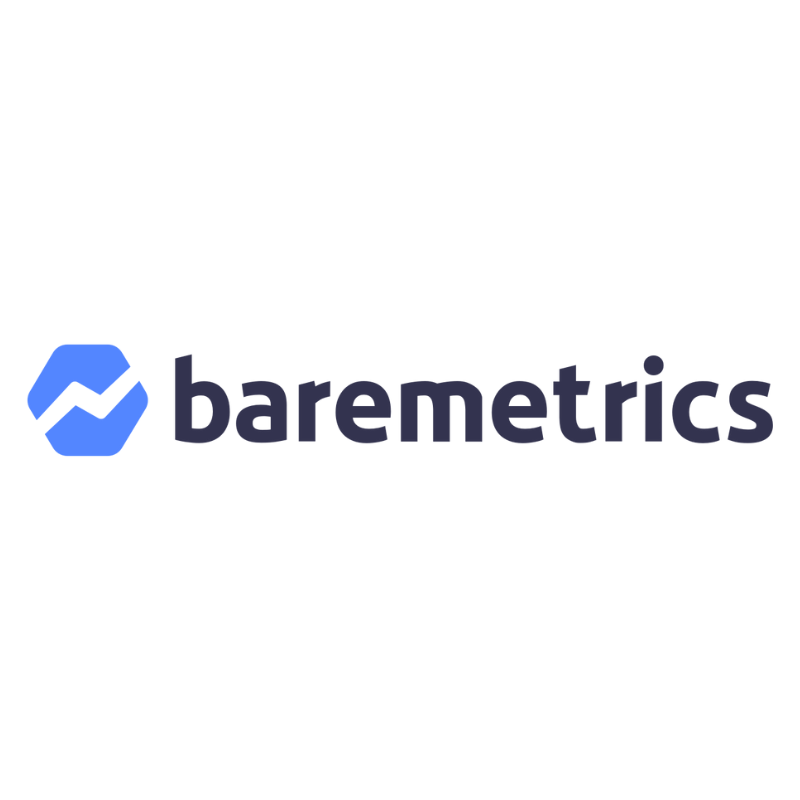
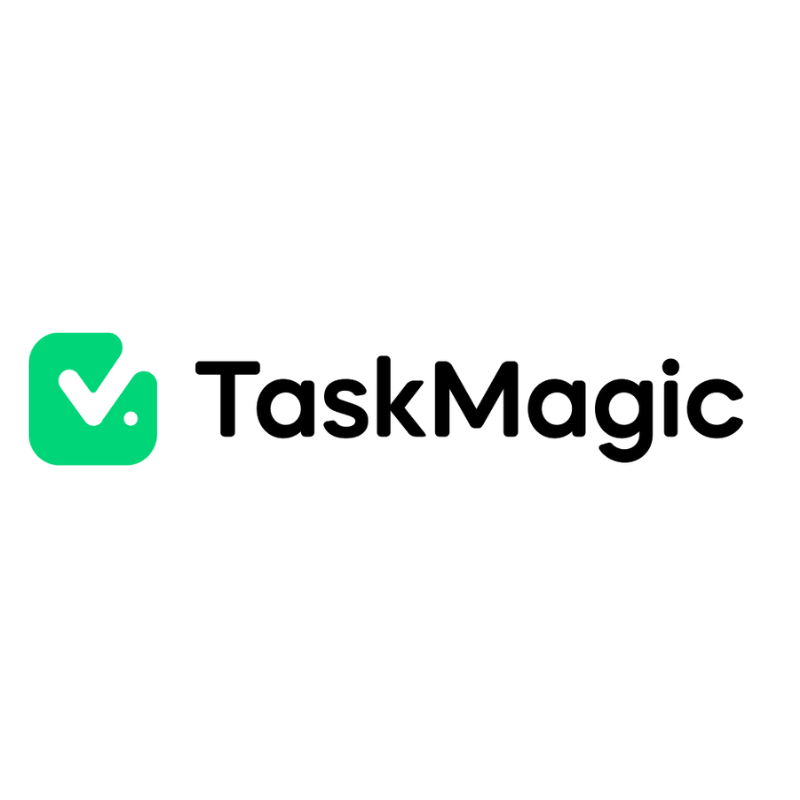





Leave a Reply
You must be logged in to post a comment.